Operating a plumbing and sanitary service in Singapore requires adherence to regulations and obtaining the necessary permits. These permits not only ensure compliance with legal requirements but also signify professionalism and credibility in the industry. Let’s delve into the permits required to provide plumbing and sanitary services in Singapore:
1. PUB Plumbing License
The Public Utilities Board (PUB) of Singapore regulates the provision of plumbing services through the PUB Plumbing License. This license is mandatory for individuals or companies engaged in plumbing works, including installation, repair, and maintenance of plumbing systems. To obtain the license, applicants must meet specific eligibility criteria, undergo training, and pass examinations to demonstrate competency in plumbing skills and knowledge.
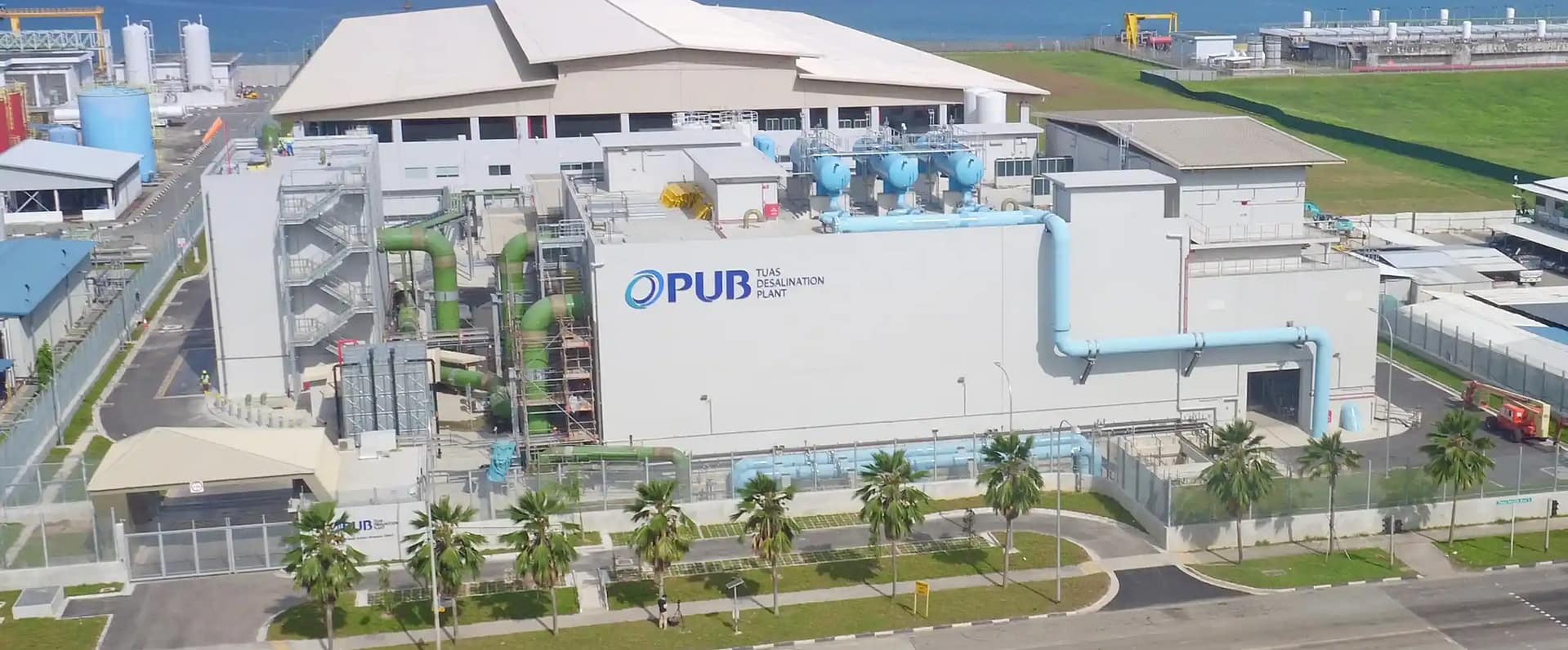
2. BCA Contractor Registration
The Building and Construction Authority (BCA) oversees the construction industry in Singapore and requires contractors to register before undertaking construction-related activities, including plumbing works. To operate as a plumbing contractor, individuals or companies must register with the BCA and fulfill criteria related to financial viability, technical competence, and compliance with industry standards. Registered contractors are listed in the BCA Contractors Registry and are authorized to undertake plumbing projects within their registered category.
3. HDB Plumbing Permit
For plumbing works involving Housing & Development Board (HDB) properties or premises under HDB jurisdiction, plumbers must obtain a plumbing permit from the HDB. This permit ensures that plumbing installations comply with HDB’s regulations and standards, including the Code of Practice for Water Services and the Code of Practice for Sanitary & Plumbing Systems. Plumbers must submit detailed plans and specifications for approval before commencing works and adhere to HDB’s guidelines throughout the project.
4. NEA Environmental Health License
The National Environment Agency (NEA) issues Environmental Health Licenses to businesses involved in sanitary and waste management services, including sewage disposal, grease trap cleaning, and industrial waste collection. Plumbers offering services related to sanitation and hygiene must obtain this license to operate legally and comply with NEA’s regulations governing environmental hygiene and public health.
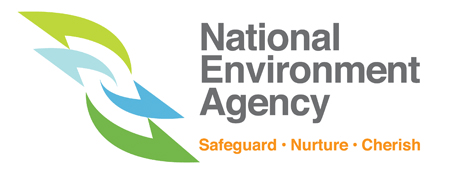
5. MOM Work Permit (for Foreign Workers)
Plumbing companies employing foreign workers in Singapore must ensure compliance with the Ministry of Manpower (MOM) regulations regarding work permits. Employers are responsible for obtaining valid work permits for foreign workers and ensuring their eligibility to work in Singapore. MOM imposes quotas and levy requirements for foreign workers in the construction industry, including plumbing and sanitary services, to maintain a balance between local and foreign workforce participation.
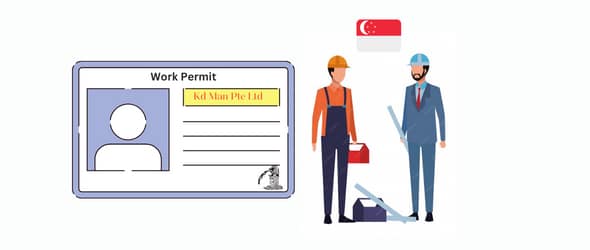
6. Professional Liability Insurance
While not a permit per se, professional liability insurance is crucial for plumbing and sanitary service providers in Singapore. This insurance protects plumbers and their clients against financial losses resulting from errors, omissions, or negligence in their services. Having professional liability insurance demonstrates a commitment to accountability and provides peace of mind to clients knowing they are protected in the event of unforeseen issues.
7. Water Efficiency Certification
With Singapore’s focus on water conservation and sustainability, obtaining water efficiency certification for plumbing fixtures and installations is increasingly important. Plumbers and contractors can seek certification from recognized authorities such as PUB or the Singapore Green Building Council (SGBC) for water-efficient designs and installations. Water-efficient plumbing solutions not only contribute to environmental conservation but also help clients save on water bills in the long run.
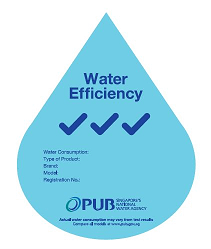
8. Continuing Education and Training
To maintain competence and stay updated on industry best practices, plumbers should engage in continuing education and training programs. Various organizations and institutions in Singapore offer courses, workshops, and seminars covering topics such as new technologies, regulations, and safety practices in plumbing and sanitation. By investing in ongoing education, plumbers can enhance their skills, expand their knowledge, and adapt to evolving industry standards.
9. Trade Association Memberships
Joining trade associations and professional organizations in the plumbing and construction sectors can provide networking opportunities, industry insights, and support for business growth. Associations such as the Singapore Plumbing Society (SPS) and the Association of Singapore Sanitary Ware Industry (ASSWI) offer membership benefits such as access to resources, advocacy on behalf of members, and participation in industry events and initiatives.
10. Compliance with Health and Safety Measures
Plumbers and sanitary service providers must adhere to relevant health and safety measures mandated by the Singapore government. This includes implementing wearing personal protective equipment (PPE), and following hygiene protocols during service provision. Compliance with health and safety measures helps protect both plumbers and clients from the spread of infectious diseases and ensures business continuity in challenging times.
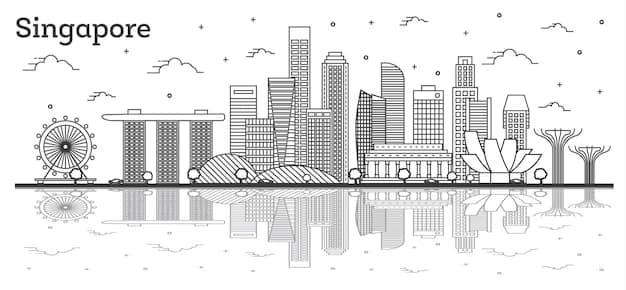
Conclusion
Navigating the regulatory landscape and obtaining the necessary permits is essential for operating plumbing and sanitary services in Singapore. By acquiring licenses and registrations from relevant authorities such as PUB, BCA, HDB, NEA, and MOM, plumbing professionals and businesses demonstrate their commitment to professionalism, safety, and compliance with industry standards.
Obtaining permits not only allows plumbers to legally conduct their operations but also instills confidence in clients regarding the quality and reliability of their services. By adhering to regulatory requirements and maintaining high standards of workmanship, plumbing and sanitary service providers contribute to the safety, health, and well-being of residents and the built environment in Singapore.


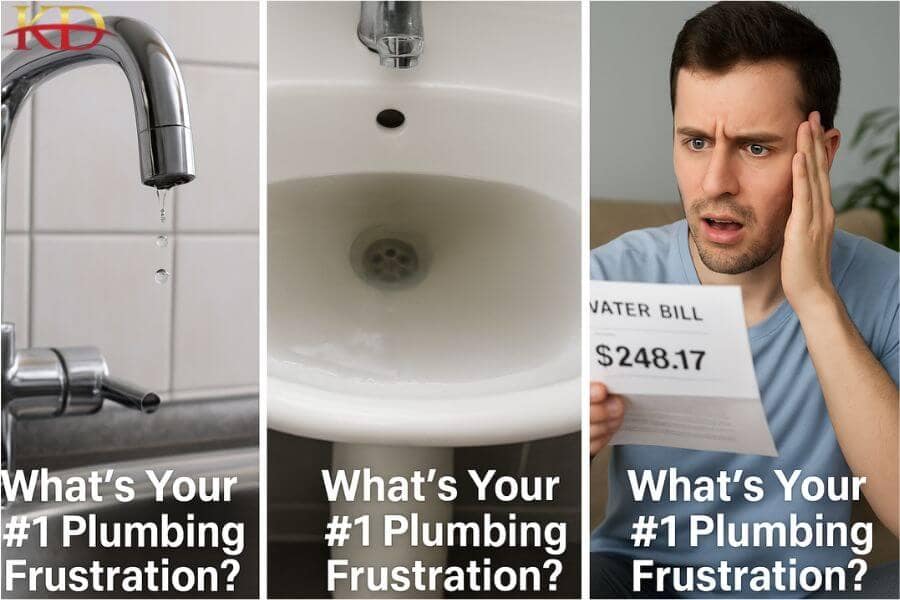
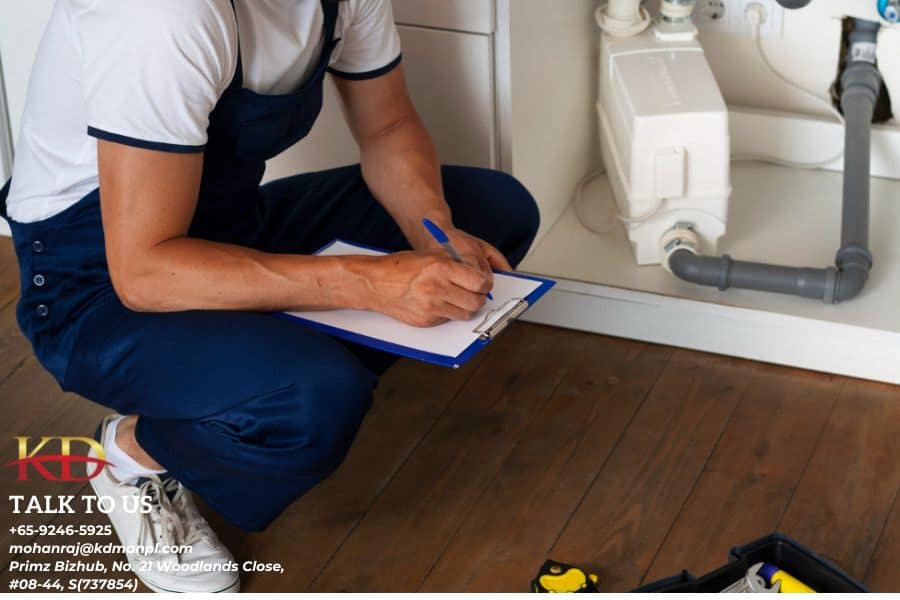
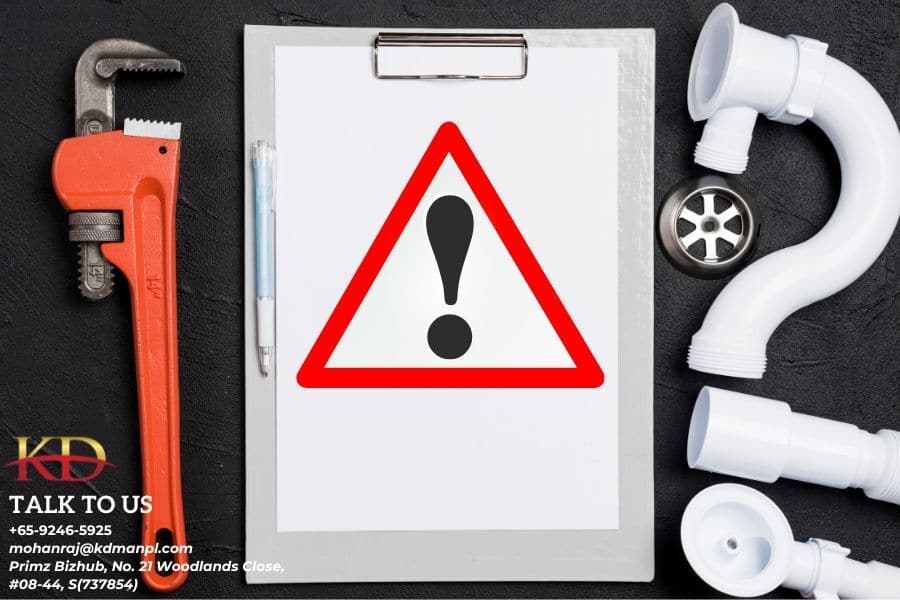
Leave a Reply